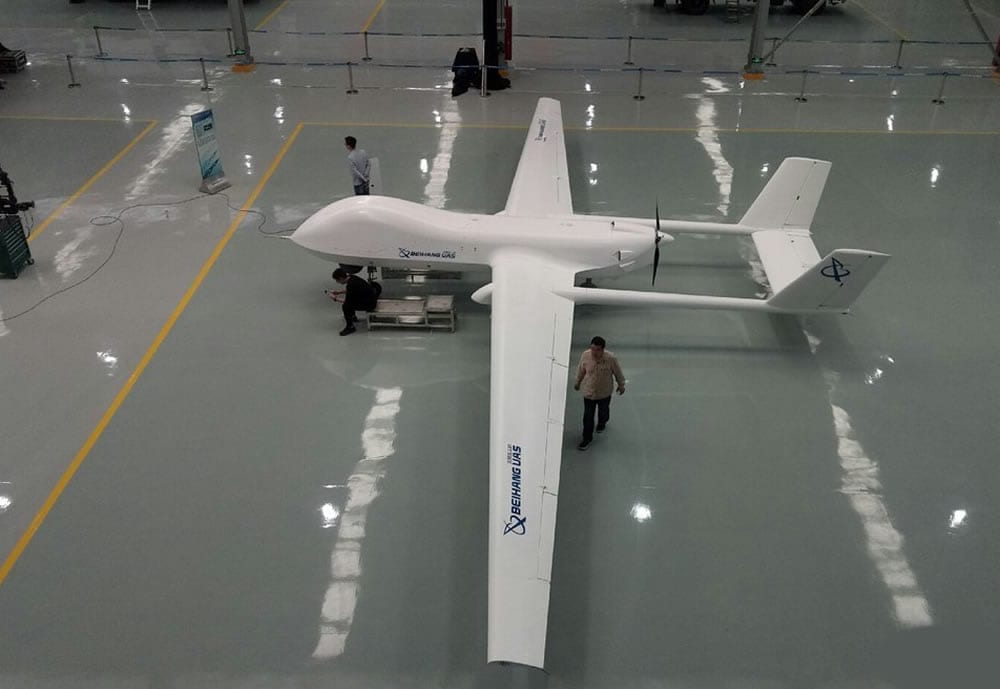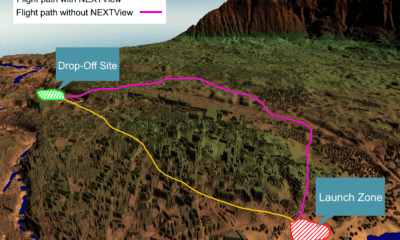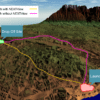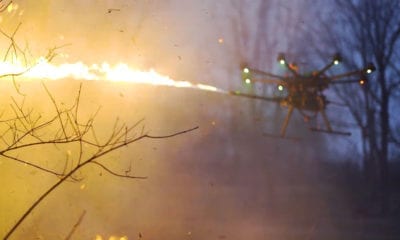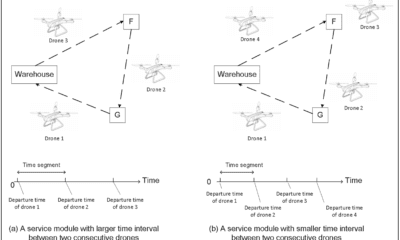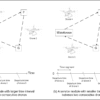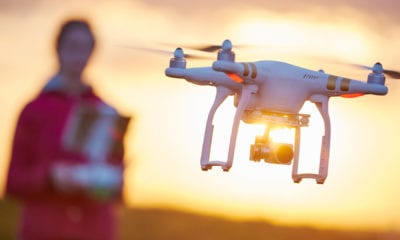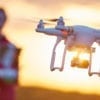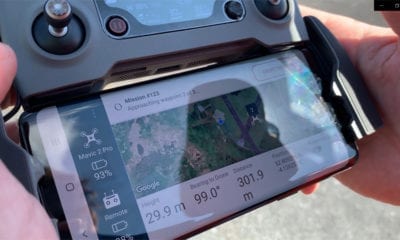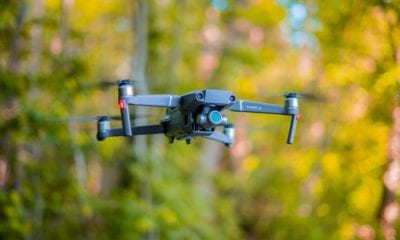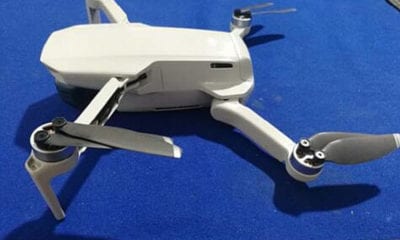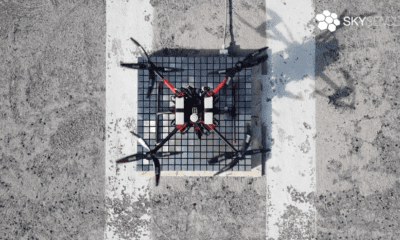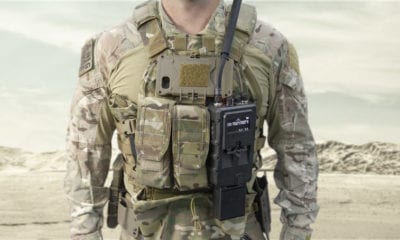Drone Delivery
Garuda to Operate 100 Chinese Drones
In Indonesia, delivering cargo to the farthest reaches of the world’s biggest archipelago has forever been a challenge. Now its biggest airline PT Garuda Indonesia sees a solution in drones.
It plans to procure 100 unmanned aerial vehicles from China’s Beihang UAS Technology to ship goods across the nation’s more than 18,000 islands. Director for Cargo and Business Development Mohammad Iqbal said that the state-run airline will operate the drones from 30 logistic centers, each with a dedicated airstrip, within five years. “This will totally change the landscape of the logistic industry in Indonesia,” Iqbal said in an interview at the company’s Jakarta headquarters. “The outlook for the cargo business in Indonesia is not just good, but very good,” he added.
With a wingspan of 18 meters (60 feet), a range of 1,200 kilometers (750 miles) and a cargo capacity of 2.2 tons the drones will be assembled locally under license from Beihang and cost about 30% less than conventional cargo aircraft, Iqbal further added.
According to Planning Minister Bambang Brodjonegoro, Indonesia is preparing to spend more than $400 billion by 2024 to strengthen its infrastructure and retain its lead as a key mining and manufacturing hub in Southeast Asia including 25 new airports, as part of the government’s Highway in the Sky plan to improve connectivity.
From September Garuda will conduct trials with three drones in the eastern part of the country which will last till the end of the year. Commercial runs will start early next year in the Maluku islands. The drones will fly seafood to Garuda’s cargo hub in Makassar for onward shipping to Hong Kong and Singapore.
Many parts of Indonesia are still inaccessible, despite massive investments in roads and bridges during President Joko Widodo’s first term- the eastern fringes, such as Papua island in particular. The difficult mountainous terrain there makes ground transportation extremely difficult and uneconomical. Bolstering its cargo operations would also help Garuda cope with falling passenger demand as a result of rising ticket prices, said Fahressi Fahalmesta, an analyst at PT Ciptadana Sekuritas Asia.
Fahalmesta said in a text message. “Cargo revenue has the potential to grow noticeably due to strong demand from the e-commerce business. Employing drones is a clear sign Garuda is paying more attention to improve its cargo revenue.”
Garuda would need government support to operate the drones. Not only would the military-grade machines have to use transmitters to relay their positions and other information, air-traffic controllers would need to be trained to manage the unmanned aircraft. The unmanned aircraft will further aid e-commerce in Southeast Asia’s biggest economy, where the rise of online shopping has boosted demand for logistics and shipping companies.

